Applying Systems Thinking for Nutrition
Practitioners working in nutrition must start thinking about the effect food, health, and education systems have on nutrition practices and outcomes.
Practitioners working in nutrition must start thinking about the effect food, health, and education systems have on nutrition practices and outcomes.
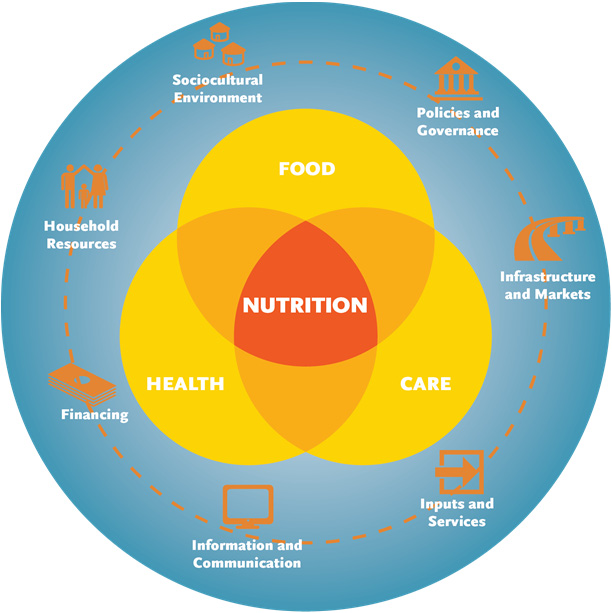
Today, the world faces a double burden of malnutrition, with almost three billion people suffering from either undernutrition or overweight (FAO 2013). No country is untouched by this crisis.
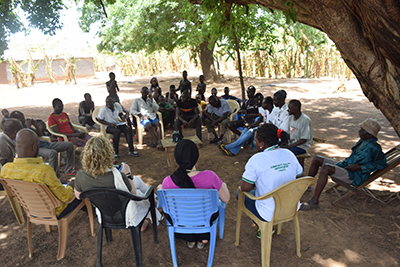
Poor nutrition is one of the most important challenges to the development and growth of nations and communities. In its recent Global Nutrition Coordination Plan 2016–2021, the U.S. Government committed to “improving nutrition throughout the world in order to enhance health, productivity, and human potential” (USAID 2016).
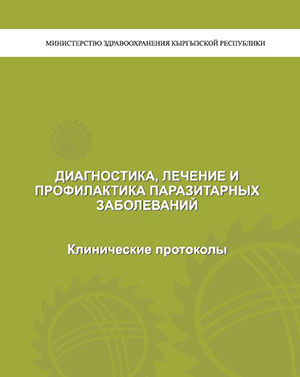
The national clinical protocol on deworming, approved in January 2017 by the Kyrgyz Republic Ministry of Health (MOH), establishes new treatments for helminth infection. The document describes the 19 classifications of parasitic disease and significantly improves the MOH's approach in treating parasitic diseases in the Kyrgyz Republic.
Food and Agriculture Organization, April 2017
SPRING/Uganda exhibited and presented at the inaugural International Symposium on Community Health Workers (CHWs) in Kampala. The theme for this year’s symposium was “the contribution of community health workers towards attainment of Sustainable Development Goals.” Over 400 delegates attended the symposium from around the world and participants included donors, government representatives, researchers, and program implementers.

Evidence shows that populations do not adopt and sustain high-impact nutrition and hygiene practices solely as a result of increased knowledge and awareness (Bhutta et al. 2008 and Bhutta et al. 2013).
During her presentation “Building Nutrition Capacity of Health Workers” at the 15th annual Global Health Mini-University, Dr.
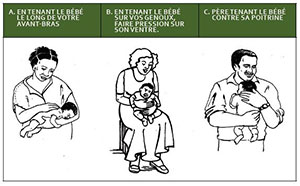
Au cours de la dernière décennie, l’intégration de la nutrition dans les systèmes de santé a été de plus en plus reconnue comme un impératif pour la prévention et le traitement de la malnutrition, en particulier pour les femmes enceintes et allaitantes, les nourrissons et jeunes enfants et les personnes vivant avec des maladies comme le VIH (PVVIH) et la tuberculose.
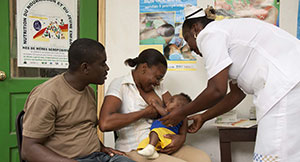
Au cours de la dernière décennie, l’intégration de la nutrition dans les systèmes de santé a été de plus en plus reconnue comme un impératif pour la prévention et le traitement de la malnutrition, en particulier pour les femmes enceintes et allaitantes, les nourrissons et jeunes enfants et les personnes vivant avec des malad